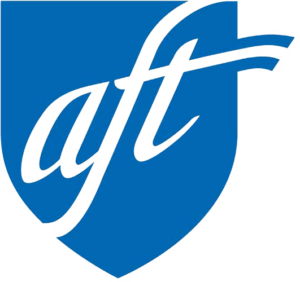Hawaii’s public-sector unions, including UHPA, can face a brighter, more sustainable future, thanks to a new bill recently signed into law by Gov. Josh Green that amends Hawaii Revised Statutes, Chapter 89, which relates to unions and collective bargaining.
Since the U.S Supreme Court decision in Janus v American Federation of State, County, and Municipal Employees (AFSCME) Council 31, et. al. in 2018, public unions had the option of providing all faculty members the same benefits of dues-paying members.
This obviously is not financially sustainable for unions, especially since it is very costly and time-consuming to help faculty address grievances and to defend them when there are violations of the UHPA contract and/or a faculty member’s terms and conditions of employment. This takes time and resources away from UHPA and to those faculty who pay dues, and is not equitable nor fair to dues-paying faculty members.
UHPA Shall Only Represent Dues-Paying Members
“We have always been willing and we stand ready to support and advocate for faculty members who may be facing a challenging situation in their work environment,” said Christian Fern, UHPA Executive Director. “It’s important to note that the Janus decision did not mandate that unions were required to provide individuals with free representation or expect to receive representation without paying dues. As a union, we had to make a difficult and prudent policy decision to limit our support to dues-paying members. This new Hawai‘i law helps to clarify and codify this.”
And Now It’s In The Law
The change to the Hawaii Revised Statutes modified the statutory required duties of unions deemed as an exclusive bargaining agent. Instead of representing all members, unions can now focus their support on dues-paying members. Specifically, HB1205, HD1, SD1 amended HRS, Chapter 89, §89-8(a) to read: unions “shall have the right to act for and negotiate agreements covering all employees in the unit and shall be responsible for representing the interests of the employees without discrimination and without regard to employee organization membership; provided that the exclusive representative shall not be required to provide grievance representation to employees who do not pay dues or dues equivalents and who decline to pay reasonable costs of that representation.
When the fall semester begins, watch for information on how you can join UHPA! Enjoy the summer!



